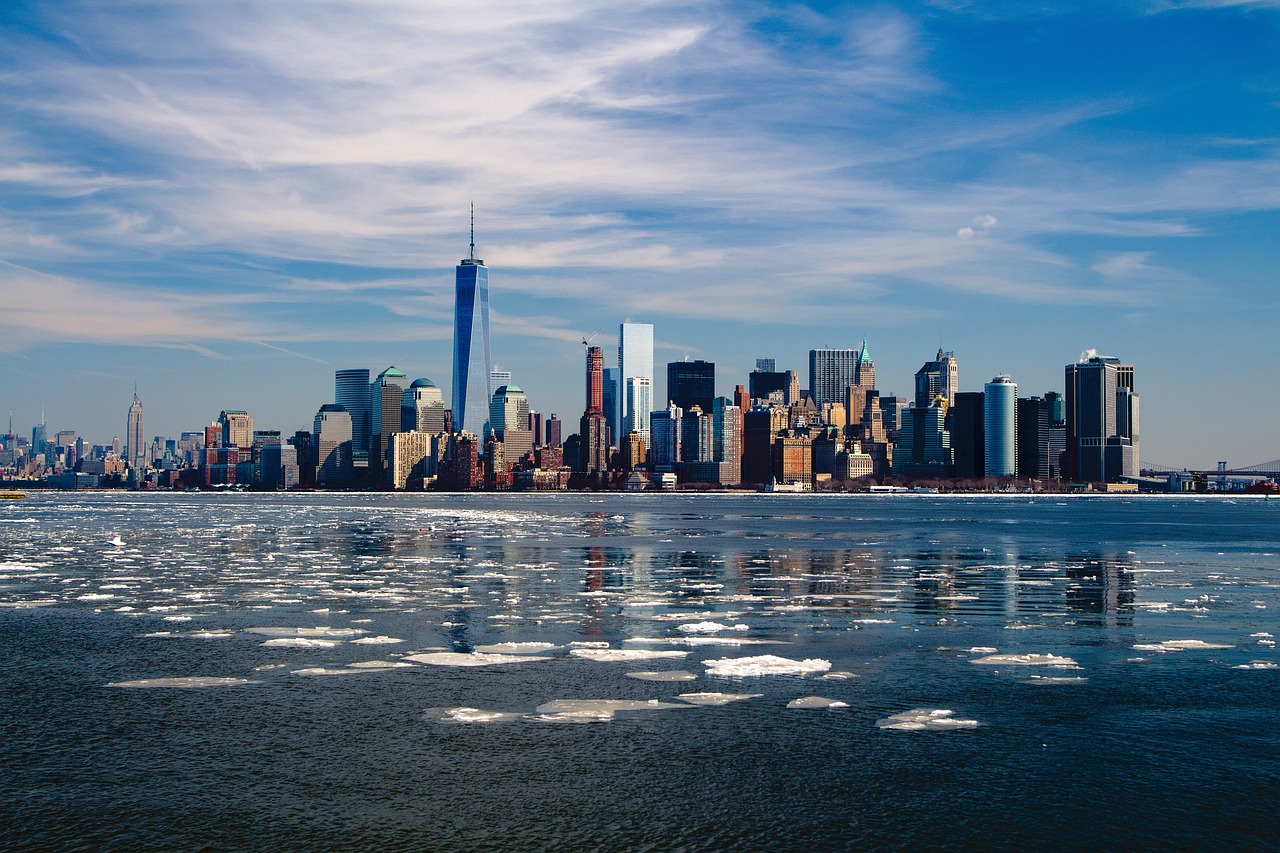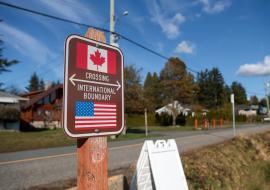U.S. Cities Shine in Global Tourism Rankings as New York Cracks Top 4

Yanolja Research, in partnership with Purdue University and Kyung Hee University, has released the first-ever Global Tourism City Attractiveness Index, placing New York City at an impressive 4th place globally. The rankings, announced during the 2025 Global Tourism City Attractiveness Evaluation seminar in Seoul, highlight the United States’ strong global tourism appeal, with numerous U.S. cities making the top 50.
The index, developed in collaboration with Brandwatch UK, used global social media data in 14 languages to evaluate the attractiveness of 191 cities worldwide. While Osaka, Japan, took the top spot, and Kyoto followed in 3rd, the U.S. stood out as the most consistently represented country across the rankings. New York, praised for its cultural vibrancy and iconic landmarks, leads the American cities, reinforcing its role as a top-tier global destination.
Other U.S. cities in the top 20 include Washington, D.C. (13th), known for its historical and political significance, and Los Angeles (14th), a hub of entertainment and creativity. Chicago landed at 17th, celebrated for its architecture and cultural scene, while Boston ranked 21st, admired for its historic charm and modern energy. Additional cities in the top 30 include San Francisco (24th), Miami (27th), and Las Vegas (36th), each offering distinct experiences.
Further down the list, cities like Seattle (47th) and Orlando (48th) continue to attract global attention—Seattle for its natural surroundings and tech culture, and Orlando for its world-renowned theme parks. New Orleans placed 56th, praised for its music, cuisine, and festivals, and Honolulu came in at 100th, remaining a favorite for those seeking tropical escapes.
The Yanolja Attractiveness Index differs from traditional tourism rankings by focusing on visitor sentiment rather than infrastructure. It evaluates cities through two key pillars: Tourism City Attractiveness, measuring positive perceptions, and Tourism City Reputation, assessing global awareness and conversation. These insights offer a more consumer-driven understanding of what makes destinations appealing.
Each city's attractiveness was also measured across four dimensions: Urban Aesthetics and Natural Scenery, Culture and History, Experiential Tourism Content, and Hospitality. This framework not only reflects what travelers value most but also provides destinations with a guide to enhance their global image in an increasingly competitive tourism market.














